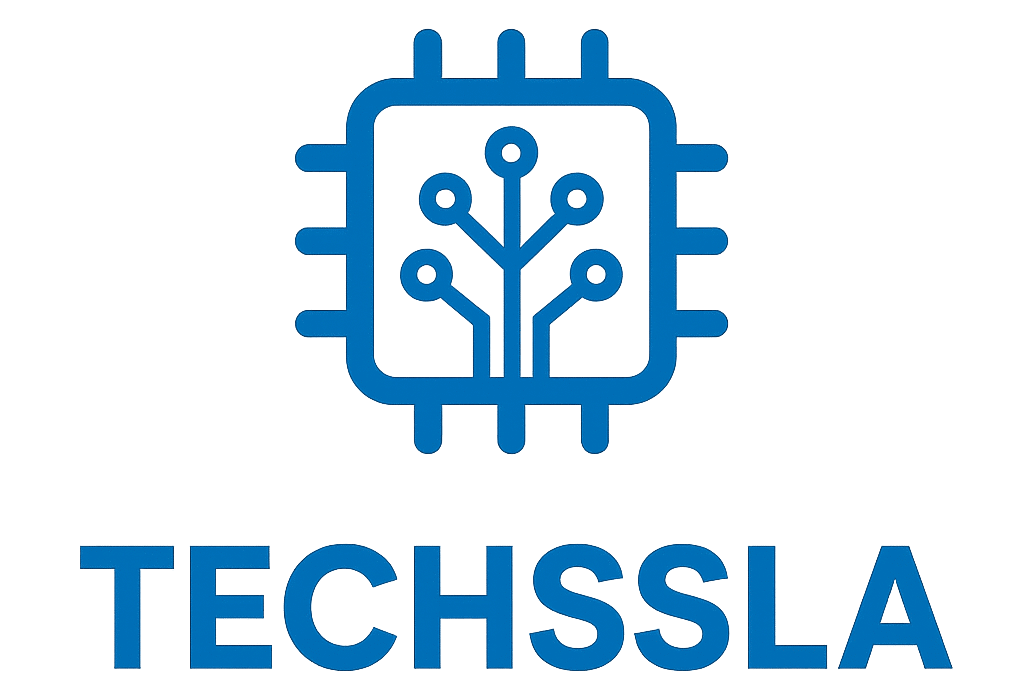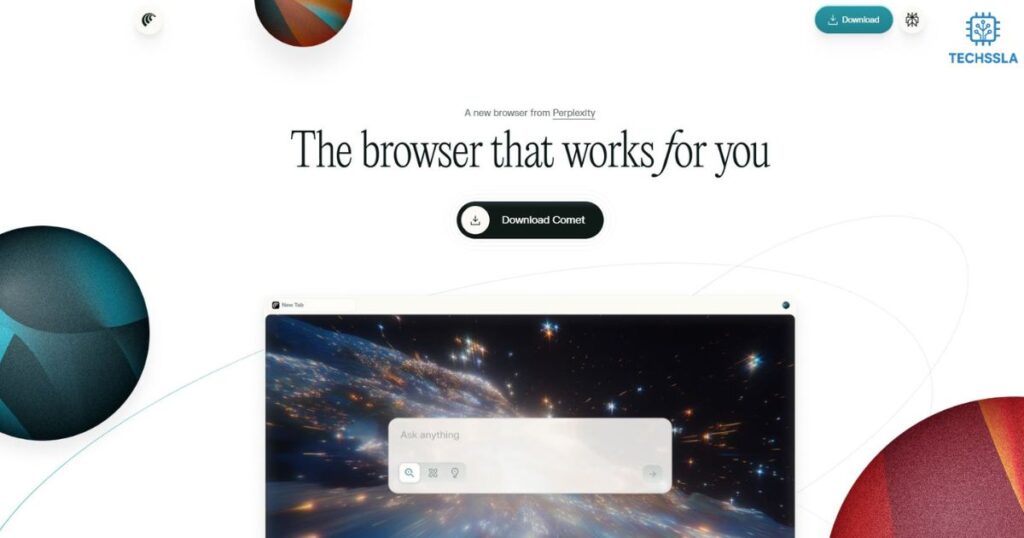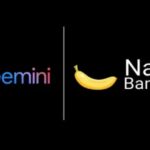Introduction — How Perplexity’s Comet AI Changed the Game
Everyone agrees that the future of browsing is being rewritten by Comet AI, a revolutionary tool built by Perplexity AI to redefine how people work and search online. Instead of juggling tabs and searches, this AI personal assistant transforms the web into a smart workspace that anticipates your needs.
It’s not just another browser—it’s an intelligent platform merging AI productivity tools with seamless automation. In this guide, you’ll discover how the Comet AI web browser boosts efficiency, supports smarter decision-making, and challenges giants like Chrome. By the end, you’ll understand why Comet isn’t a trend but a turning point in AI browser technology.
What Is Perplexity’s Comet AI Browser?
Comet Browser is not a mere skin atop Chrome or Safari. It’s built from the ground up as an AI personal assistant with deep integration into searches and tasks. It can summarize articles, automate workflows, and “travel the web with you” by maintaining context across pages. It blends smart agents with browsing in a way that feels proactive, not reactive.
Technically, Comet is Chromium-based and supports familiar extensions, but its heart lies in the AI layer. It’s pushing the idea that a free download can replace clunky plugins and side tools. Users highlight text, Comet responds. You ask, it acts. It’s AI and employment reimagined under the guise of efficiency.
Why Alphabet (GOOGL) Stock Is Falling in 2025
Alphabet’s shares tumbled partly because investors fear erosion in its core search and browser dominance. With Alphabet AI investments growing heavily, any challenge to Chrome or search traffic looks like direct competition. The market interpreted Comet’s emergence as a threat to future ad revenue.
Further, browser usage patterns already hinted at disruption. Analysts pointed out that digital knowledge work is shifting toward AI tools, reducing direct reliance on search engines. When Google loses referral traffic, it chips away at its foundation. In short: the stock fall signals more than sentiment—it reflects structural risk.
How Comet AI Impacts Google’s Core Business
Comet threatens the pipeline that funnels users to Google Search. If people increasingly get answers directly inside the browser, they skip clicking through Google results. That would reduce ad impressions and weaken Google’s AI-powered workflow ecosystem.
Moreover, Comet pressures related revenue arms—YouTube, Google Cloud, AI tools—because Google must now defend on multiple fronts. As a Google Chrome competitor, Comet represents a shift: Google is no longer just the search gatekeeper, but a contender in browser intelligence.
Should You Invest $2,000 in GOOGL Right Now?
Putting $2,000 into GOOGL today means balancing legacy strength and looming uncertainty. Alphabet still earns billions from advertising, cloud, and AI infrastructure. The company’s resource scale gives it resilience.
However, challenges loom. Comet’s rise adds uncertainty in the ad model. If global AI market trends shift users away from Google, the upside is limited. A cautious, partial position makes sense. For example, one might invest $1,000 now, holding $1,000 in alternative AI stocks as a hedge.
Inside Perplexity’s Strategy — From Innovation to Market Disruption
Perplexity bets on scale. By offering Comet for free, it accelerates user adoption and network effects. Its CEO, Aravind Srinivas, claims the browser can deliver 20 % productivity growth across digital knowledge work, which translates to trillions in Gross Domestic Product (GDP) gains.
The model leans on monetization through premium tiers, partnerships, and data services. Importantly, Perplexity is negotiating with smartphone makers to preinstall Comet, challenging Chrome’s ubiquity. In time, Comet could sit at the crossroad of AI and daily device usage.
Reactions from Wall Street and Tech Experts
Goldman Sachs economists caution that AI gains might be overhyped and warn of over-investment in AI infrastructure. Meanwhile, Austan Goolsbee, head of the Chicago Federal Reserve, endorses AI’s upside but signals risks if growth expectations run ahead of reality.
Some in the market worry it’s an AI bubble: excessive valuations built on optimistic forecasts. Others fear a crackdown or regulation. Either way, Comet’s debut stirred debates about how far enterprise AI tools should expand—and how fast.
What’s Next for Alphabet and the Future of AI Browsers
Google’s likely response includes deeper integration of Gemini AI and smarter agents inside Chrome. It may reengineer search advertising to persist in an era of zero clicks. It might also acquire or partner with smaller AI browser projects.
Meanwhile, the browser war looks lively. OpenAI readies Operator, Opera launched Neon, and startups are racing. Future browsers could become full-blown assistants. The question: will Google recapture lost ground or be pushed into defense?
Other Trending AI and Tech Stocks to Watch
Beyond GOOGL, giants like Meta, Amazon, and Microsoft remain central to this shift. Their deep investments in AI infrastructure spending and data centers position them well to benefit. Nvidia, with chip dominance, is another key.
Smaller players in AI tools, automation, or agentic systems could offer outsized upside. Watching quarterly earnings for AI tool segments within these companies yields early signals of who’s riding the wave.
Final Thoughts — The Bigger Picture of AI and Market Shifts
Comet’s free launch marks a turning point in how we access information. A browser is no longer passive—it’s becoming a partner. As workplace automation spreads, AI adoption in companies will accelerate, and value shifts from traffic to action.
If Alphabet adapts swiftly, it may survive disruption. If not, we may see a reordering of giants. Meanwhile, investors, technologists, and users alike are witnessing a moment where artificial intelligence impact on GDP is not theory—it’s unfolding in real time.
FAQs
- How Perplexity’s Comet browser boosts productivity
Comet AI browser automates research, summarizes content instantly, and performs multiple tasks at once, saving users hours of manual work. - Is AI reducing the need for human workers?
Yes, in some roles — AI handles repetitive tasks, but it also creates new jobs in data, development, and AI productivity tools management. - AI productivity gain impact on global GDP
A 20% boost in AI-driven efficiency could add up to $5 trillion in global GDP growth, according to economists. - Comet AI browser vs Google Chrome
Unlike Google Chrome, Comet AI integrates intelligent automation and personal assistance features that perform actions beyond basic browsing. - Top AI browsers in 2025
The leading AI browsers in 2025 include Comet AI, Gemini AI, Operator, and Arc, each focusing on smart browsing experiences. - Perplexity AI launches free browser for everyone
Perplexity AI made its Comet AI browser free globally, democratizing access to advanced AI-driven web browsing. - Will AI create or replace jobs?
AI will replace repetitive tasks but create new high-skill jobs in automation, engineering, and digital knowledge work. - AI investment bubble warning 2025
Experts warn of an AI investment bubble as companies overspend on infrastructure without guaranteed short-term returns. - AI tools that increase business efficiency
Tools like Comet AI, ChatGPT, and Gemini AI streamline workflows, automate reporting, and optimize enterprise AI tools operations. - Economic impact of artificial intelligence on companies
Artificial intelligence improves productivity, reduces costs, and reshapes business models, fueling global economic productivity growth.



